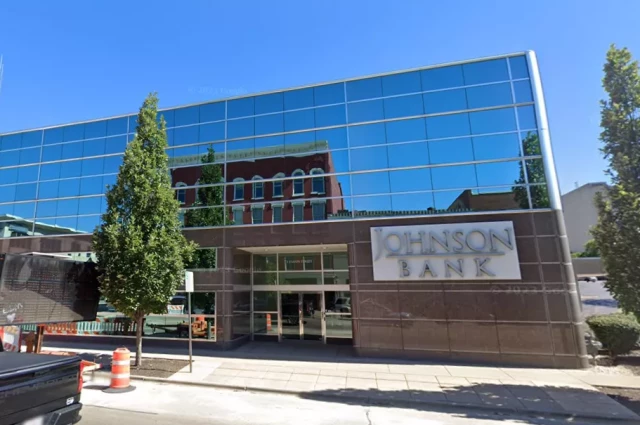Genesis Counseling Services Information
Treatment
Who We Treat
- Older Adults
- Adolescents
- Children
- Male and Female
- Couples
- LGBTQ+
Treatment Focus
- Older Adults
- Couples Counseling
- Depression
- Post Traumatic Stress Disorder
Approaches
- Couples Counseling
- Family Therapy
- Stress Management
- Evidence-Based
- 1-on-1 Counseling
- Cognitive Behavioral Therapy (CBT)
- Nutrition Counseling
- Individual Treatment
- Life Skills Training
Conditions We Treat
- Grief and Loss
- Personality Disorders
- ADHD
- ADD
- Anger
- Anxiety
- Chronic Pain Management
- Depression
- Eating Disorders
- Post Traumatic Stress Disorder
Substances We Treat
- Alcohol
Aftercare
- Medication Assistance
Level of Care
- Outpatient
Experience
Special Considerations
- Clients Who Have Experienced Domestic Violence
- Clients Who Have Experienced Sexual Abuse
Smoking and Vaping Policy
- Smoking Allowed
- Vaping Allowed
Genesis Counseling Services Accepts The Following Insurance Plans
Find the best treatment options. Call our free and confidential helpline today!

